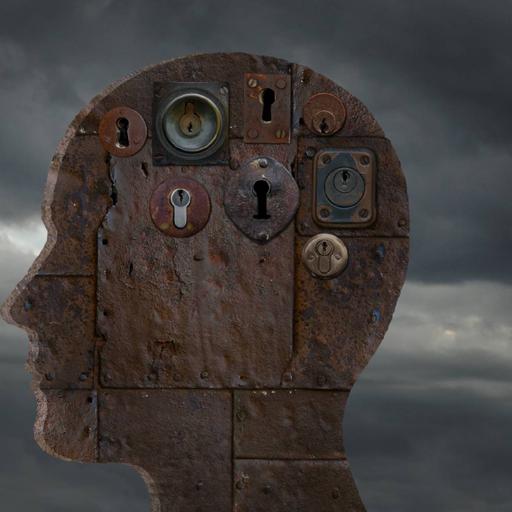History of Psychology
Presentations | English
In the historical context of modern psychology, two exact forms of it are visible. One is scientific psychology impacted by scientific exploration and discoveries and the other is philosophical psychology influenced by philosophy. Scientific psychology originated in the second half of the nineteenth century. In 1860, Fechner circulated a book in German called "Elements of Psychophysics", in which he interpreted three specific methods for studying mental problems in the context of the scientific method. Omission method, low change method, constant excitation difference method. Even today, many important types of research are being done in psychology laboratories based on these systems. In scientific psychology, there are two other important names after Feckner: Helmholtz and Wilhelm Wundt. In this context, he elevated the scientific existence of psychology through exploration activities on understanding. Wound's name is particularly noteworthy in psychology. In 1879 he established the first psychological laboratory in Leipzig (Germany). Defined the formal form of psychology. Psychology is the science of experience, whose aim is to analyze the components of the process of consciousness, the nature of their interactions, and the laws that determine them. In Leipzig's laboratory, Wund and colleagues conducted remarkable experiments on a variety of psychological issues, of which time-response experiments are the most important. Physicist, Herring (1834-1918), Physicist, Mach (1838-1916), g. E. The names of Mueller (1850 to 1934) are also noteworthy. Herring was one of the main pioneers of phenomenology, and much credit can be given to this tendency to influence psychology. Match did some remarkable experimental research on the concept of body rotation. At the same time, he laid the foundation of modern positivism. Genre E. Mueller was originally a student of philosophy and history, but as a result of his correspondence with Fackler, his attention turned to psychosomatic problems. He researched the fields of memory and vision through psychosomatic methods.

15.25
Lumens
PPTX (61 Slides)
History of Psychology
Presentations | English
